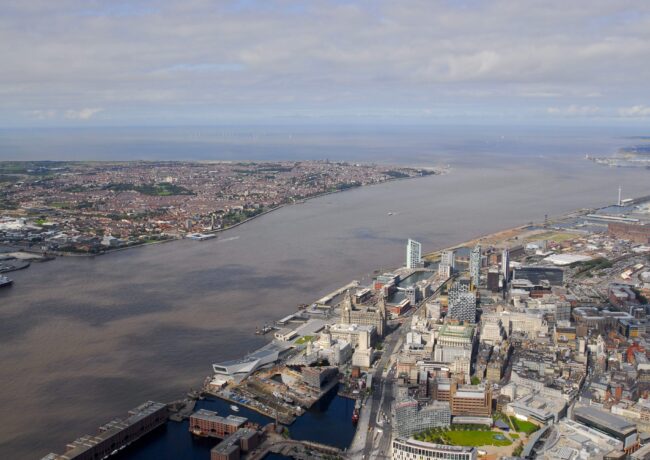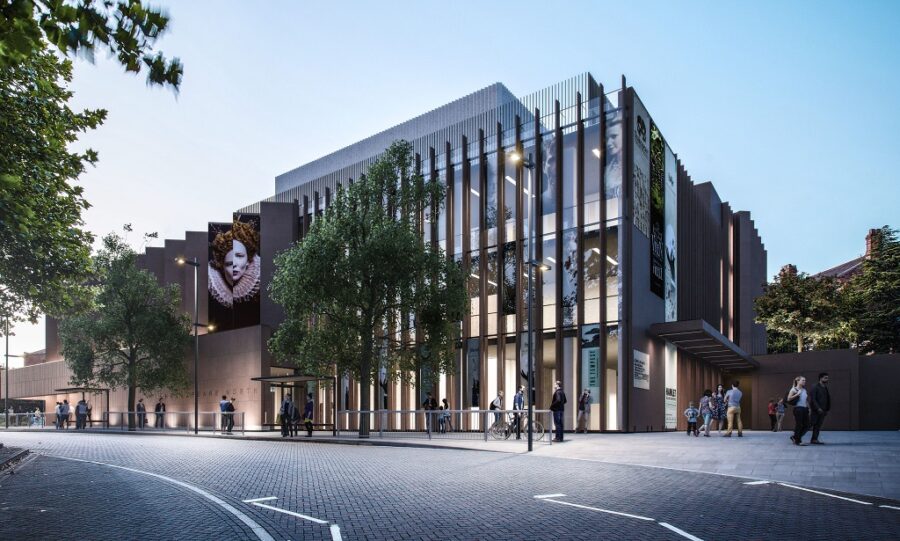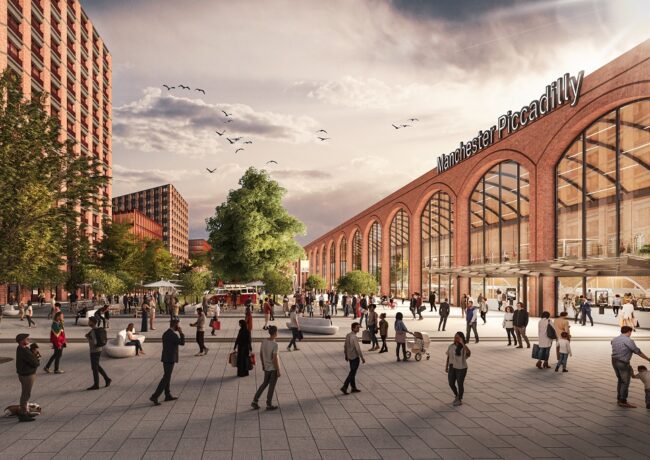Liverpool overhauls SIF as City Region eyes £1.3bn investment
The Liverpool City Region Combined Authority is relaunching its flagship Single Investment Fund, aiming for an era in which the Combined Authority “provides a steady flow of funding” as it targets £1.3bn investment in the region from Government over the next seven years.
One of the priorities for Metro Mayor Steve Rotheram when he took over in May 2017 was to streamline access to funding in the City Region, of which SIF is a major part. The pot is made up of Local Growth Funding plus £30m a year for 30 years as part of the devolution deal with Government.
The relaunch will see round one of the SIF closed, with remaining funding and projects yet to be approved shifted into round two.
Round one totalled £463m. Of that, £118m has been disbursed and £140m is committed. A further £137m is allocated to projects, but has not been finalised; £65m of this is approved and funding agreements are expected, while £71m has been earmarked but the projects still need to provide further evidence. Any approved schemes need to start by May, and further evidence from allocated projects need to be received by January, or their funding will be up for competition in round two.
This leaves £68m, which will be transferred to the next phase. A further £30m is expected if some of the round one projects don’t come to fruition.
Liverpool City Region Combined Authority signed-off the relaunch at its cabinet meeting on Friday; the next phase, it said, would involve “learning lessons from round one, updating the investment strategy… and shaping a credible project commissioning and call plan.”
The market is not expected to have to wait for long, as a relaunch of the SIF and call for projects is expected next month. The second round will see £140m available up to 2020. More details are expected in the coming weeks on the funding available beyond then.
The SIF is not solely targeted at property developments; while transport, housing, infrastructure and regeneration form a large part, the money is also supposed to be invested in skills, research and business growth.
Projects which have so far received or are confirmed for SIF funding include Paddington Village, the Cruise Liner Terminal, Parkside Link Road, Prescot Theatre and its associated Shakespeare Rail.
Projects which have their funding ring-fenced in the second round include a large-scale construction of homes at Halsnead, Skills Space Daresbury, and the Wirral Maritime Knowledge Hub.
The first round also saw £5m of funding approved for Capital & Centric’s Littlewoods, however this money has not been disbursed as according to the cabinet report “discussions over a deliverable scheme continue and should be further clarified following the recent fire”. While a third of the building was damaged in a fire at the start of September, Capital & Centric has maintained that there will be minimal impact on its plans for a £50m film hub, with Twickenham Studios as its 80,000 sq ft anchor tenant.
The overhaul of the SIF is intended to signify a step-change in how the Combined Authority deals with funding. As part of managing the devolution deal and growing the team around Metro Mayor Steve Rotheram, the Combined Authority has hired a team of 10 development and investment professionals, led by former Igloo director Mark Bousfield. This team will be co-ordinating the SIF, and managing inward investment inquiries into the City Region, as part of the One Front Door approach announced at MIPIM UK last week.
The report to the Combined Authority written by Bousfield outlines why the SIF process needs to be changed: “It is important that the CA provide consistency to the market in relation to its funding. Ideally it will provide a steady flow of funding, as opposed to a deluge followed by a drought.”
By closing round one of the SIF and relaunching it, the Combined Authority will move away from grant-led funding, and push for a greater focus on outcomes in order to take advantage of the “virtuous circle” of Government funding. While grant will still be provided, projects will be backed “with the minimum non-recoverable use of funds”.
Bousfield said: “Economic development funding from central Government appears to follow a virtuous or vicious circle: the better you perform, the more you receive, and, the worse you perform, the less you receive. Greater Manchester typifies the virtuous circle.”
He said the City Region would cultivate “a mutually productive relationship with central Government in which performance is rewarded by additional funding.”
Bousfield outlines a £1.3bn prize to be won through this “mutually productive relationship” over the next seven years; through profit back from investments, recycling funds, and proving the City Region’s capability to handle further money from Homes England, Local Industrial Strategy funding, and the Shared Prosperity Fund.
He continued: “SIF’s medium term potential is much greater than its recent focus on Round I monies. The City Region and all its stakeholders should view SIF as a long-term investment platform that can manage a much greater volume of economic development and infrastructure funding.”
However, “excellent performance is required.”





